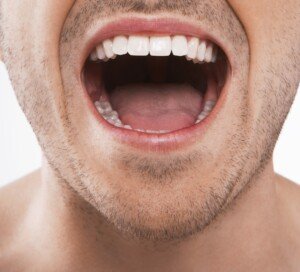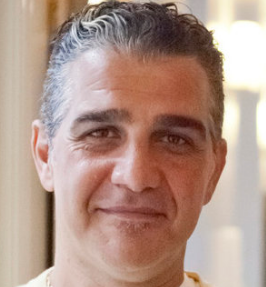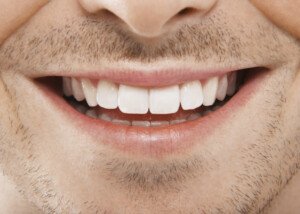
Have you just learned you need your wisdom teeth removed, and the thought of general anesthesia has you worried you’ll never awaken?
General anesthesia is frightening to many people, and just because it’s used for a particular kind of surgery, doesn’t mean that local can’t be used as well.
Can a local anesthetic be used in wisdom teeth removal for patients who are afraid of general anesthesia?
“Yes, we do it all the time,” says Dr. Alireza Panahpour, DDS, author of “The Good Dentist.”
Dr. Panahpour explains, “A local anesthetic Injected at the appropriate place can help with the complete numbing of the surgical area.
“That said, it’s important for the practitioner to know their neuro-dental anatomy, and also that the anesthesia type and strength matches the procedure.”
There is also the option of conscious sedation, during which you’re sedated enough to get through the extraction of your wisdom teeth without being conscious of the time passage.
Yet at the same time, your brain is “conscious” enough to keep you breathing on your own, eliminating the need for the intubation that’s required for general anesthesia.
When I had my wisdom teeth removed many years ago, I was given more than a local anesthetic.
I was told that I’d be aware of the procedure but would be in La-La Land.
The only awareness I’d ever had was at one point, I suddenly became conscious enough to see the doctor and light before me.
He said something to the effect of, “You’re doing alright; you’re doing alright.”
I then went out again and next thing I knew, the procedure was over.
Do NOT fear the removal of your wisdom teeth.
Though there is no template for how every single patient will respond during the recovery, it’s fair for me to point out that my biggest problem was the restriction of solid food.
It’s not fun living on chicken broth and nutrition drinks for a week.
Follow all of your postop instructions! This will help prevent infections or other problems like a dry socket.

Dr. Panahpour’s approach to dental health encompasses the patient’s diet, immune and structural integrity, plus all the traditional treatments of a conventional dental practice.
 Lorra Garrick has been covering medical, fitness and cybersecurity topics for many years, having written thousands of articles for print magazines and websites, including as a ghostwriter. She’s also a former ACE-certified personal trainer.
Lorra Garrick has been covering medical, fitness and cybersecurity topics for many years, having written thousands of articles for print magazines and websites, including as a ghostwriter. She’s also a former ACE-certified personal trainer.
.








































